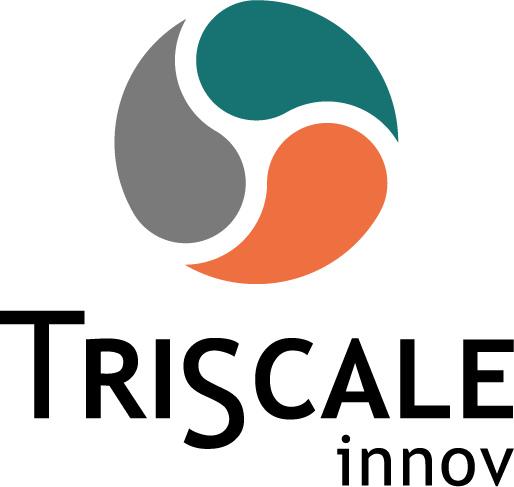Welcome to the official page of Julia Paris Meetup!
This meetup aims at promoting the Julia programming language in Paris, France.
All people are welcome!
Next meetup
| 03.12.2019 |
Location: Artelys (81 rue Saint Lazare, 75009, Paris)
Please fill-in this form to register to the event.
Schedule: 19h
Topics:
Filippo will give a talk about "NeuralQuantum.jl: Approaching Quantum Physics with Neural Networks". [Github]
The state of an open quantum system is completely determined by its density matrix, which evolves according to a specific equation called the Lindblad master equation.
When the system is composed by many interacting particles, the exponential complexity arising from the many-body problem makes it impossible to simulate.
We recently developed a novel approach to the problem, combining the representative power of neural networks with approximate optimization schemes based on Markov-chain sampling.
Unfortunately, the algorithm that emerged is somewhat different from traditional machine-learning problems, and it has been hard to exploit existing frameworks.
During this talk we will detail some key concepts of this novel research direction and how Julia dispatch system empowered us to rapidly iterate on several prototypes during our research.
Antoine will give a talk about "Optimization on manifolds".
I will briefly present the theory of optimization algorithms on manifolds, and share my experiences implementing this functionality in Optim.jl.
|
|---|
Past meetups
| 17.10.2019 |
Location: QuantStack (27 Rue du Chemin Vert 75011, Paris)
Schedule: 19h
Topics:
Michael gave a talk about "Electronic-structure simulations using Julia".
Computational studies of electronic structures,
that is the modelling of electrons in materials and chemical compounds,
is now a standard procedure in industry and research
and crucial for progress in material science,
chemical manufacturing or pharmacy.
Recently we have developed
the DFTK.jl package,
a Julia implementation
of plane-wave density-functional theory,
one common simulation method in the field.
This talk will focus on the rationale for employing
Julia for this task and illustrates our design
within the Julia ecosystem.
It will discuss the suitability of Julia
for this interdisciplinary research field
and our strategy to integrate with interesting
Julia developments such as automatic differentiation,
GPU acceleration and deviating numerical precision.
François gave a talk about "Accurate and Efficiently Vectorized Sums and Dot Products in Julia".
This talk will present how basic algorithmic blocks such as
sums or dot products can be implemented in Julia (and have
been developed
in AccurateArithmetic.jl) in a
way that is both accurate and efficient. Besides naive
algorithms, compensated algorithms are implemented, which
effectively double the working precision, producing much more
accurate results while incurring little to no overhead,
especially for large input vectors. Although the vectorization
of such algorithms is no particularly simple task, Julia makes
it relatively easy and straightforward. This talk will
illustrate how Julia can help efficiently mix
Floating-Point-related concerns with SIMD-related constraints
in order to get the performance of double-precision
state-of-the-art BLAS libraries and the accuracy of
quadruple-precision algorithms.
|
|---|

